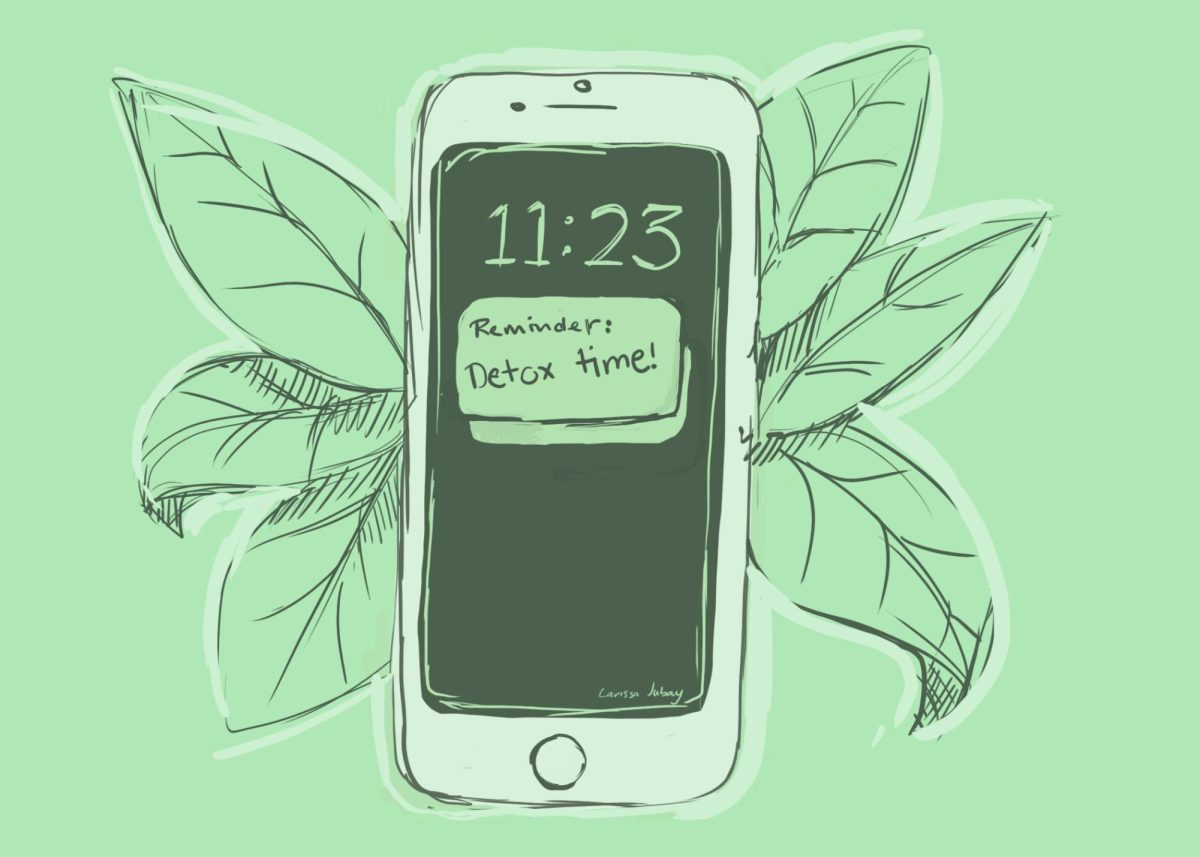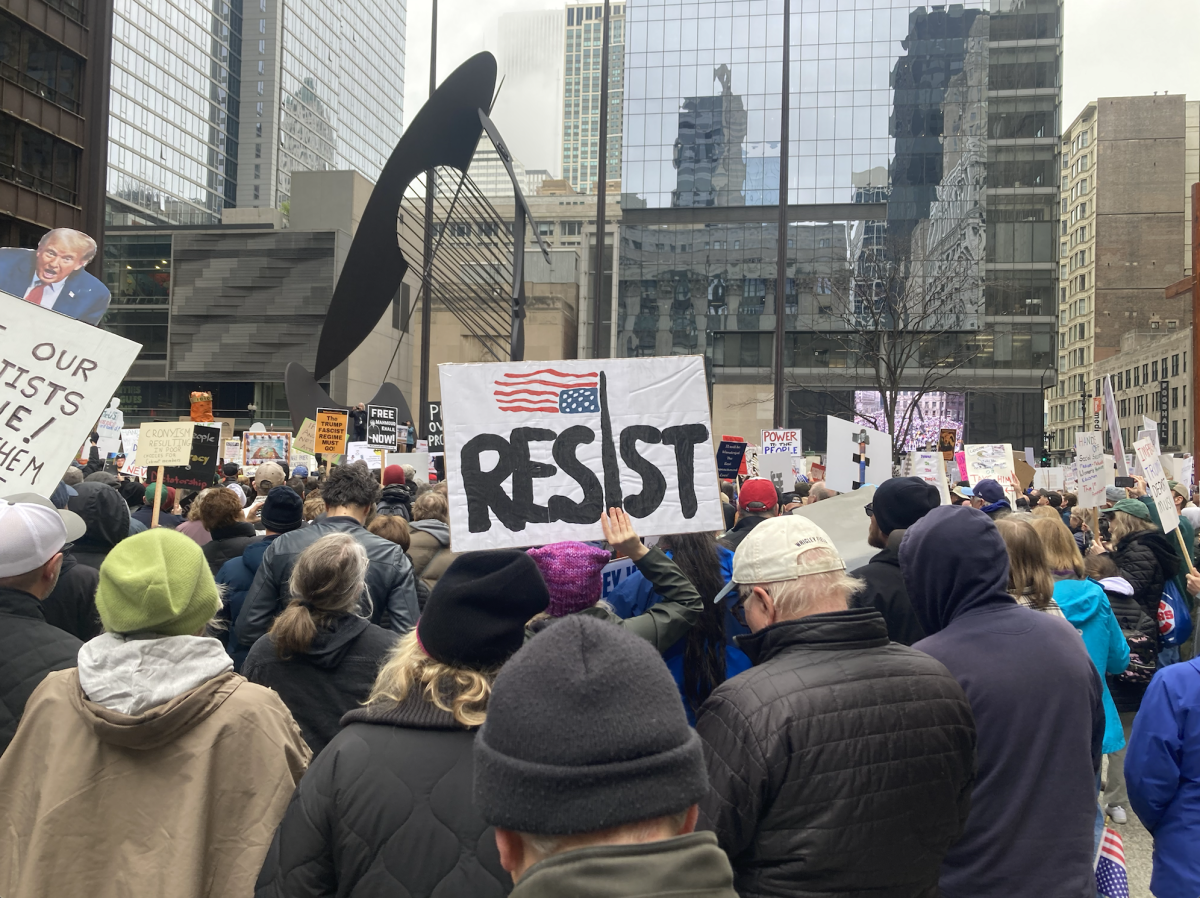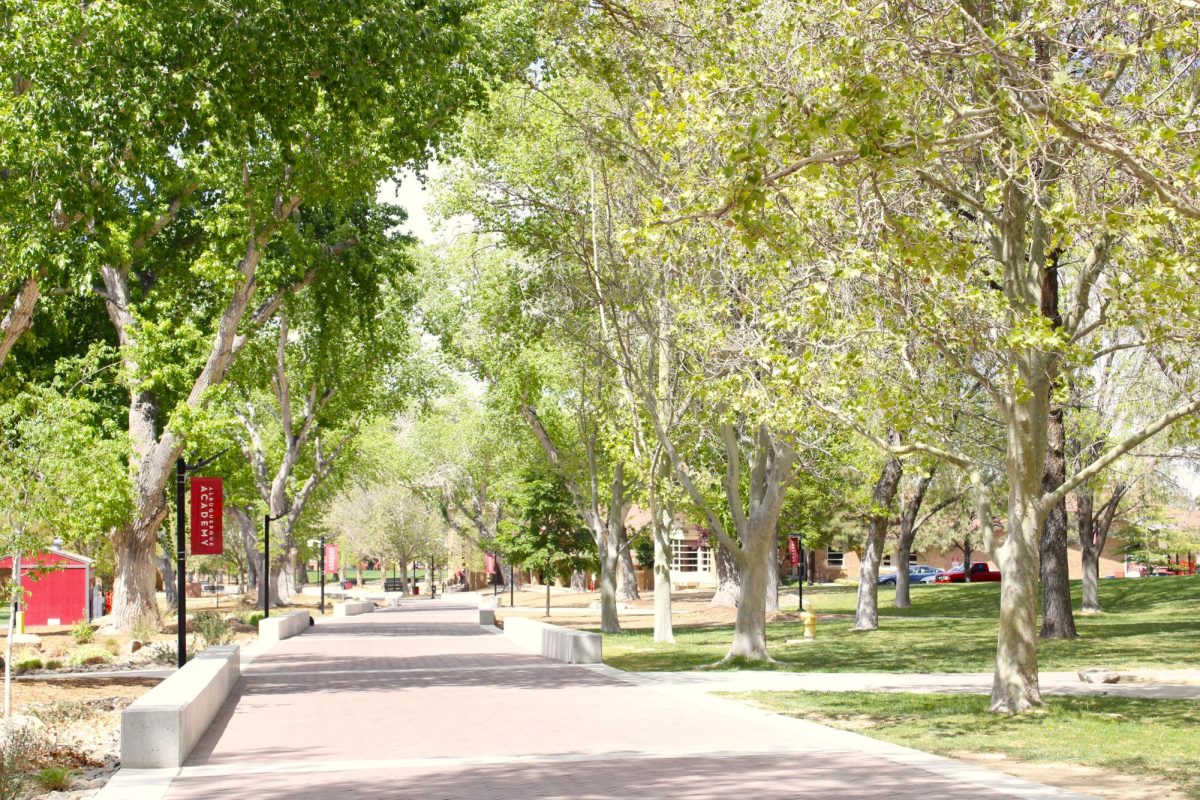Disclaimer: this story mentions suicide and online harassment.
Bubba Copeland was born on May 27th, 1974, in Columbus, Georgia; however, those who knew him would agree that his life truly started when he moved to Smiths Station, Alabama. It was there where he attended high school and where he eventually returned after graduating from Auburn University. He and his son from his first marriage, Carter Copeland, settled down and started a family with his second wife, Angela Copeland, and her two daughters from a previous marriage, Abby Kate and Ally Catherine. From 2008 to 2016, Copeland served on the Lee County Board of Education, and in 2016, he became the second-ever mayor of Smiths Station. Concurrently, Copeland was also a pastor at First Baptist Church.
His time as mayor was far from problem-free: during his first term he had to cope with a devastating tornado as well as the COVID-19 pandemic. Still, when asked whether he would consider running for office again, he spoke optimistically, and there were indeed many people in his community who would have been glad to have him in office for a second term. To them, he was a kind man who always put his community first, the type of person who would personally fill the potholes in his small town.
But on November 3rd, Copeland’s dreams were suddenly cut short when he made the fatal decision to suddenly end his own life. However, his suicide was not as abrupt of a decision as some might think. Days prior, 1819 News, a conservative newspaper based in Alabama, wrote an article outing him as a crossdresser and writer of erotica, which he posted on the internet under a pseudonym. Despite his request that they not share this information, on November 1st the news station published the first of two articles that would play a part in his death. The second article, published the following evening, was a response to Copeland’s claims that the quotations in the first article were taken out of context and that he would not allow the article to affect him.
While the majority of the community met these articles critically, there were others who lauded its writers as heroes and were disgusted by Copeland’s behavior. Copeland’s friends, sensing that he was likely greatly affected by these articles, asked the sheriff’s office to perform a welfare check on him. Deputies found him inside his car and trailed it outside of Smiths Station but were unable to stop him before he pulled over and shot himself.
Shock and outrage followed Copeland’s death. 1819 News released a statement expressing their condolences but refused to answer for their part in his suicide. On November 5th, the First Baptist Church released an obituary that shared with the world the good deeds he had done in life but conspicuously left out the circumstances surrounding his death.
Prejudice surrounding the LGBTQ+ community is far from a new thing and, although this event occurred months ago, there are important lessons that can be learned from it. It is an unfortunate fact that many are frequent targets for online bullying and real-world violence, and this is a tragic example of how far it can escalate. Although it is not clear how or if Copeland identified himself as a member of the community, there was no doubt that if this fact ever came to light he would face harassment from the people who did not agree with his life behind the curtains, particularly in the South where many are hostile towards LGBTQ+ people. Indeed, the information published by 1819 News led to intense cyberbullying directed at Copeland.
With the worldwide adoption of social media, such cyberbullying is at an all time high. It is not at all impossible for a person halfway across the world and born into an entirely different circumstance to make their opinion known. In some ways, this is not a problem; rather, it gives us a sense of perspective that was not possible in the past. It is a problem when people are either ignorant of or choose to ignore the consequences of their words. The internet is not only diverse, but it is also easily accessible at a moment’s notice. When people are not held accountable for their actions in online spaces, we seem to lose the ability to think before we speak.
Although the newspaper released information they shouldn’t have, against Copeland’s will, the blame for the events that transpired should not fall on their shoulders alone but also on those who chose to subsequently use their words and actions to bring Copeland harm. Copeland’s private life harmed no one, and yet the unveiling of his secret brought pain to both himself and his loved ones because while there are laws that dictate that someone cannot bring physical harm to another person, there is no law that puts an end to harsh words and scornful looks.
In the future, it may be necessary to implement more privacy laws in order to prevent the publicizing of personal information. Much like illegal doxing, sharing personal information is capable of ruining a person’s life forever. Unlike doxing, however, sharing information like gender and sexual orientation, even without consent, may be seen as a public service by those, like 1819 News, who saw those aspects of Copeland’s life as immoral. Because of these wildly different beliefs, the need for stricter privacy laws is becoming increasingly important. Thus far, no lawsuits have yet been filed against 1819 News. However the Alabama Policy Institute, the organization that originally founded 1819 News, has distanced themselves from the station so that they will not be held accountable in the event of a lawsuit being brought against the news station.
As of yet there have not been any major changes implemented in the aftermath of Copeland’s suicide. However, the hearts of many in the small town of Smiths Station have no doubt been struck. In the aftermath of the catastrophe, people opened their eyes and asked themselves, “How could this happen?” It is important that everyone, not only those who were involved, ask themselves this question. In order to prevent events like this from happening in the future we must all identify what went wrong so that we can then work on improving ourselves and the society we live in.


![al.com. (2023). People attended a prayer event... [Photograph]. https://www.al.com/news/2023/11/after-mayor-bubba-copelands-death-community-gathers-to-pray-smiths-station-is-hurting.html](https://theacademyadvocate.com/wp-content/uploads/2024/02/KON5NNEUI5GVNO5AG4R4G25JRQ.jpg)












S • Jun 7, 2024 at 4:00 am
You left out a major part of the story here, he was writing erotic and violent stories about real people from his community and even using their identifying information and photos. Some of these people were even minors… I agree that it would be disgusting of the news site to just out him for posting his own photos online or for being part of the lgtbq community, but on the other hand… people needed to know what was going on, because it was involving community members without their consent. It’s a sad story all around, but that’s an important part of it.
Darin Eberhardt • Aug 26, 2024 at 4:29 pm
The allegation that Bubba Copeland was writing erotic and violent stories about people from his community was made by the same news site which originally outed him, 1819 News. There hasn’t been a reputable source to confirm or deny the allegation made by 1819 News.
Bryce Baker • Feb 14, 2024 at 12:10 pm
I’m glad that you wrote this and that someone didn’t forget about Bubba Copeland, but you forgot to mention an integral part of this story: the anti-LGBT backlash of the past few years. Yes, this is a story of Southern prejudice, cyberbullying, privacy, and ethical journalism, but it’s also one about the moment we’re currently in regarding queer people. The 2000s and 2010s saw the legal and cultural standing of LGBT people advance at breakneck speeds, and this has left many conservatives bitter over the battles they lost in this field. On top of that, everyone was convinced these battles had already been won, so come the 2020s, the perfect storm had brewed for a Nixon-era style backlash. The cultural, but especially legal, position of queer people is regressing, so the fact a conservative outlet made a big fuss out of a small-town Alabama mayor cross dressing is no coincidence, it’s inextricably tied to our current moment.
That was probably very rambly lol, but I think it’s important to add.
Pam Muehling • Apr 12, 2024 at 7:58 am
I don’t think the problem was the fact that Mr. Copeland was a mayor. He was a pastor. It’s a very sad story.